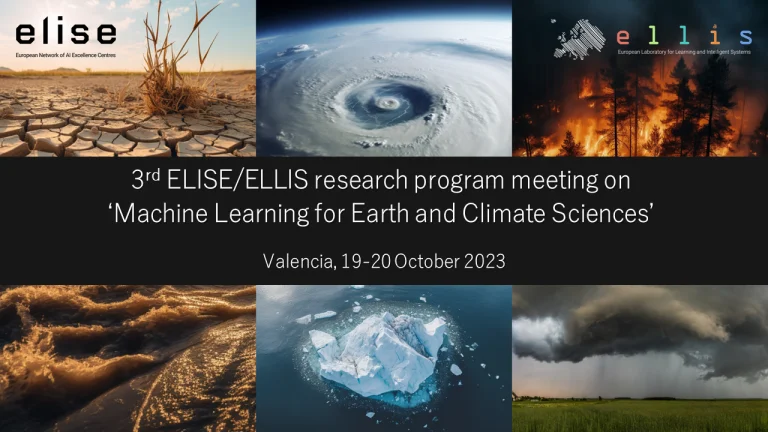



ELISE/ELLIS Research Program: "Machine Learning for Earth and Climate Sciences" Workshop in Valencia
In a world marked by climate emergency, the relevance of understanding and combating climate extremes is more pressing than ever. Droughts, floods, fires, and other manifestations of the climate crisis impact our lives with increasing intensity. The ELLIS program workshop in Valencia brought together climate science and artificial intelligence experts to develop innovative solutions in this critical context. Tackling climate extremes is not merely an academic exercise but an essential response to imminent climate challenges affecting communities around the world.
The workshop was organized as an activity under the ELISE project and as part of the ELLIS Research program on ‘Machine Learning for Earth and Climate Sciences”, coordinated by Gustau Camps-Valls (Universitat de València) and Markus Reichstein (MPI Jena). It's titled 'Extreme event detection, analysis, and explanation’.
40 researchers discuss a wide range of concrete examples
Experts in AI and climate met to study and explore how machine learning techniques can transform our ability to address the challenges of climate change. A total of 40 AI scientists, including members of flagship projects such as CLINT, ERC USMILE, DeepExtremes, XAIDA, Deepcube, and AI4PEX, discussed recent advances in AI. From Bayesian Deep Learning, advanced multivariate data visualization, and deep learning for controllable weather synthesis and events categorization to probabilistic subseasonal temperature forecasts, neural networks for extreme events in complex systems dynamics, unsupervised domain adaptation, robustness, extrapolation, as well as data and visualization challenges in climate science.
Advancing the detection of climate extremes
Using explainable AI and causality, many concrete examples will be studied, from droughts, wildfires, heatwaves, floods, and climate-induced migrations. The group discussed recent opportunities for graph signal processing and graph networks for anomaly detection, as well as teleconnections, GPTs, and transformers. The agenda also included targeted talks, open discussions, a hackathon, and the elaboration of a white paper on the role of AI in detecting climate extremes.
The overall goal was to leverage ELLIS and ELISE as the framework to advance the latest technologies and methodological advances in the detection of climate extremes, the assessment of impacts and risks, and the causal understanding of these events. One of the key objectives wa to develop early warning systems that integrate a large amount of data intelligent algorithms and are highly interactive with users, from agencies to the public.
